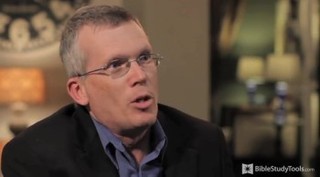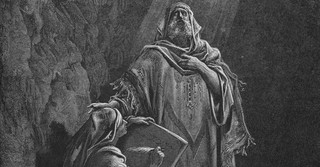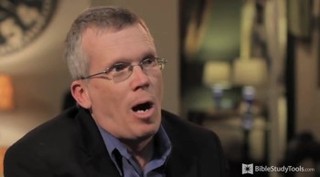
- Recent Translations
- All Translations
Jeremiah 1:17
Share
Settings
Images for Jeremiah 1:17

Jeremiah 1:17 Meaning and Commentary
Thou therefore gird up thy loins
The loins both of his mind and body. The allusion is to the custom of the eastern countries in wearing long garments, who, when they went about business, girt them about them for quicker dispatch; and here it designs haste and expedition in doing the Lord's work, as well as courage and resolution of mind: and arise;
and go from Anathoth to Jerusalem: and speak unto them all that I command thee; (See Gill on Jeremiah 1:7), be not dismayed at their faces; (See Gill on Jeremiah 1:8), lest I confound thee before them;
show resentment at him in some way or another, which would make him ashamed before them. The Septuagint and Arabic versions add, "for I am with thee to deliver thee, saith the Lord", as in ( Jeremiah 1:8 ) .


